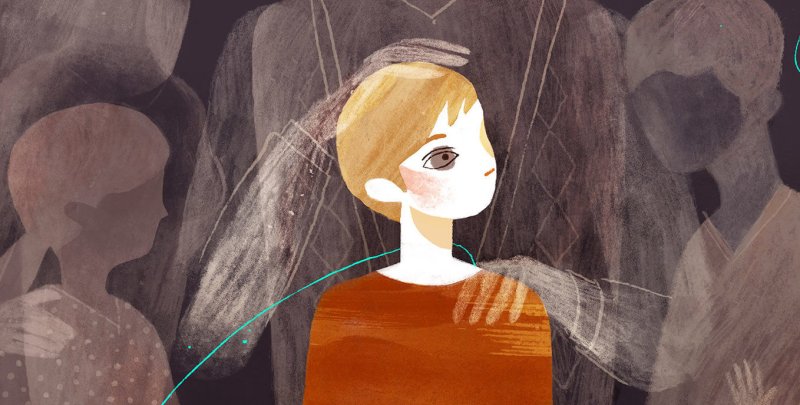Most young autistic people do not and will not have psychosis or schizophrenia. As a class, psychotic disorders are relatively rare in the general population; they occur in about 1 in 100 people. But — and this is an important but — research increasingly suggests that psychosis occurs in more than 3 in every 100 autistic people, more than three times the frequency in the general population.
…
In work published [Feb 20], we collected data from participants in the North American Prodrome Longitudinal Study, which followed young people with early signs of psychosis for two years. We used information from clinical interviews, questionnaires and cognitive testing in 26 people with autism and 738 controls to assess early signs of psychosis.
…
Our results might surprise those who think people with autism do not develop psychosis. The autistic people and controls displayed remarkably similar patterns of psychosis traits. They were also equally likely to develop full-blown psychosis within two years — about 20 percent in each group. Finally, the factors that predict risk for psychosis in the general population also held for autistic people.
Our findings suggest that emerging signs of psychosis should be taken seriously in people with autism.
Read full, original post: Signs of psychosis in people with autism warrant serious concern
































